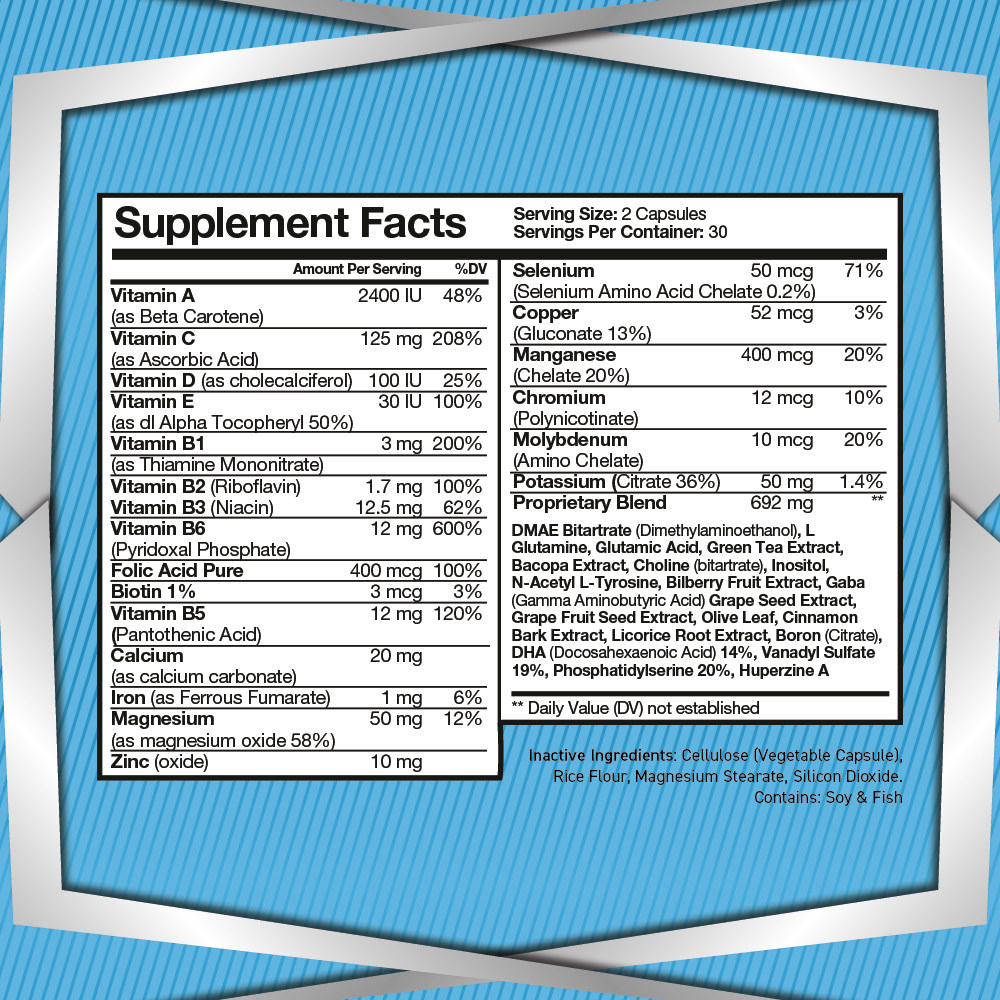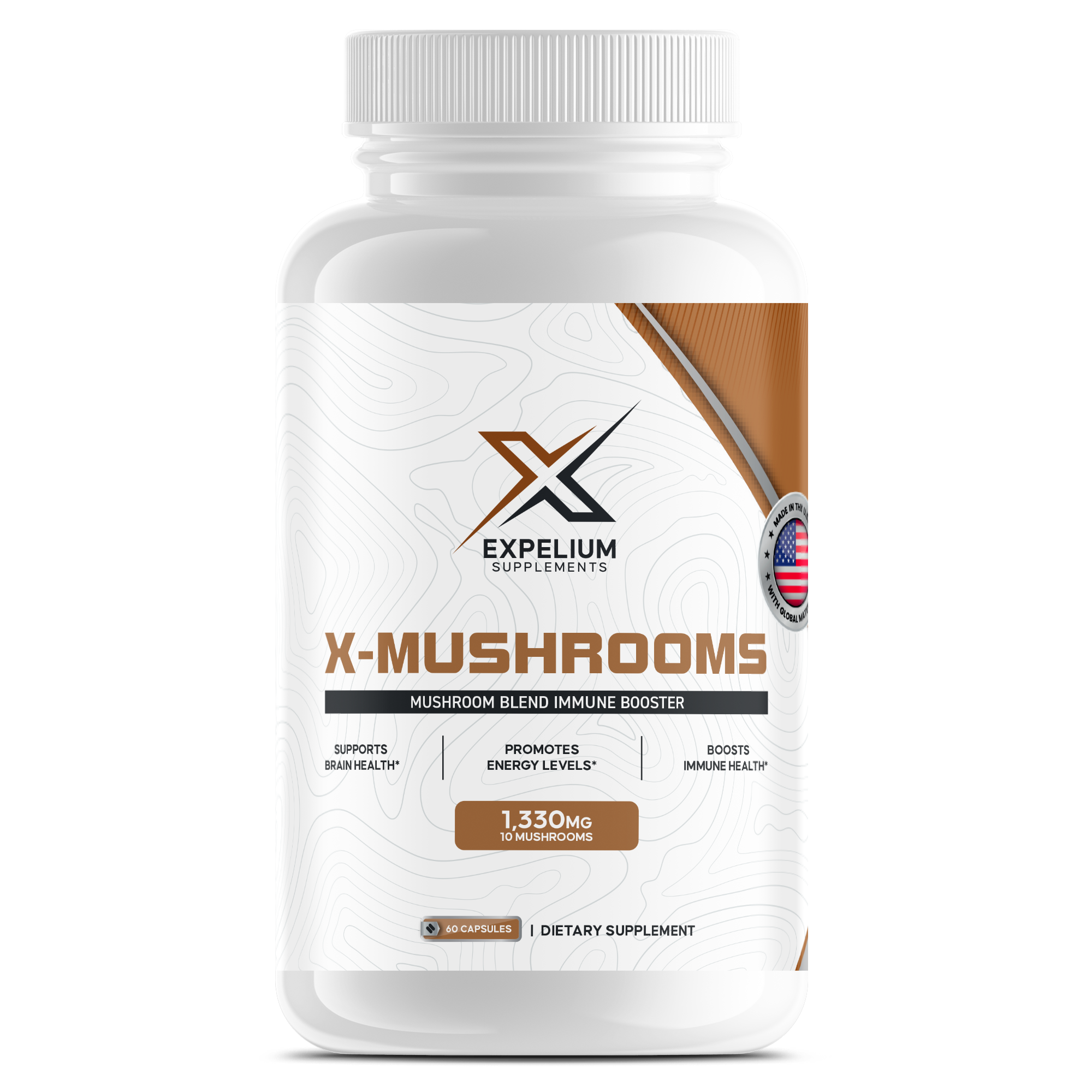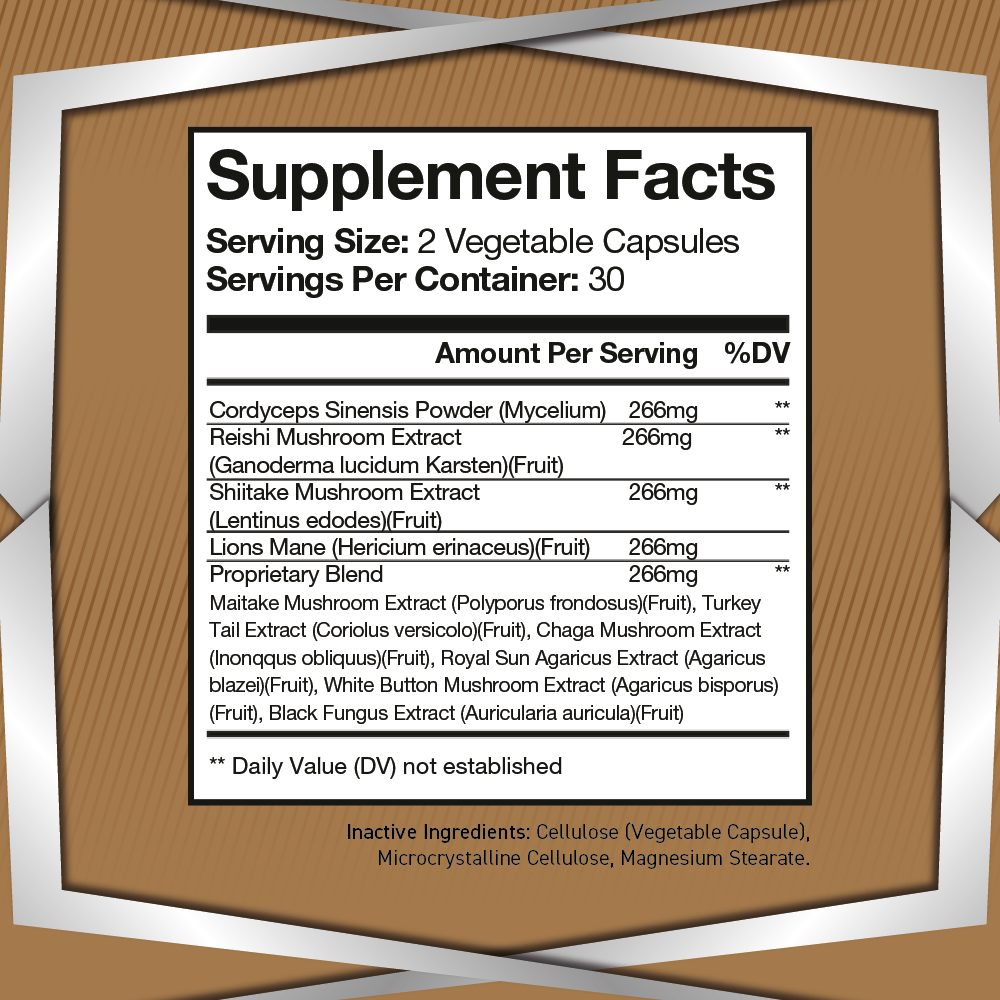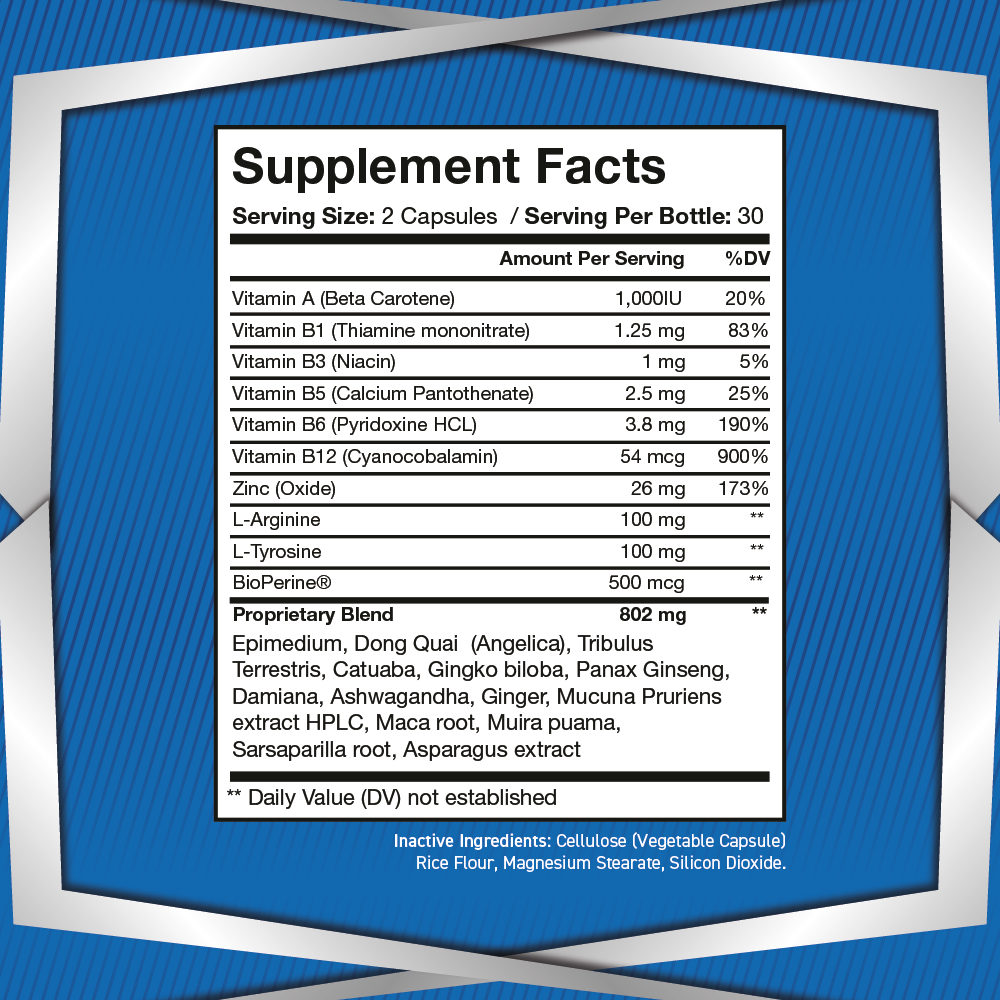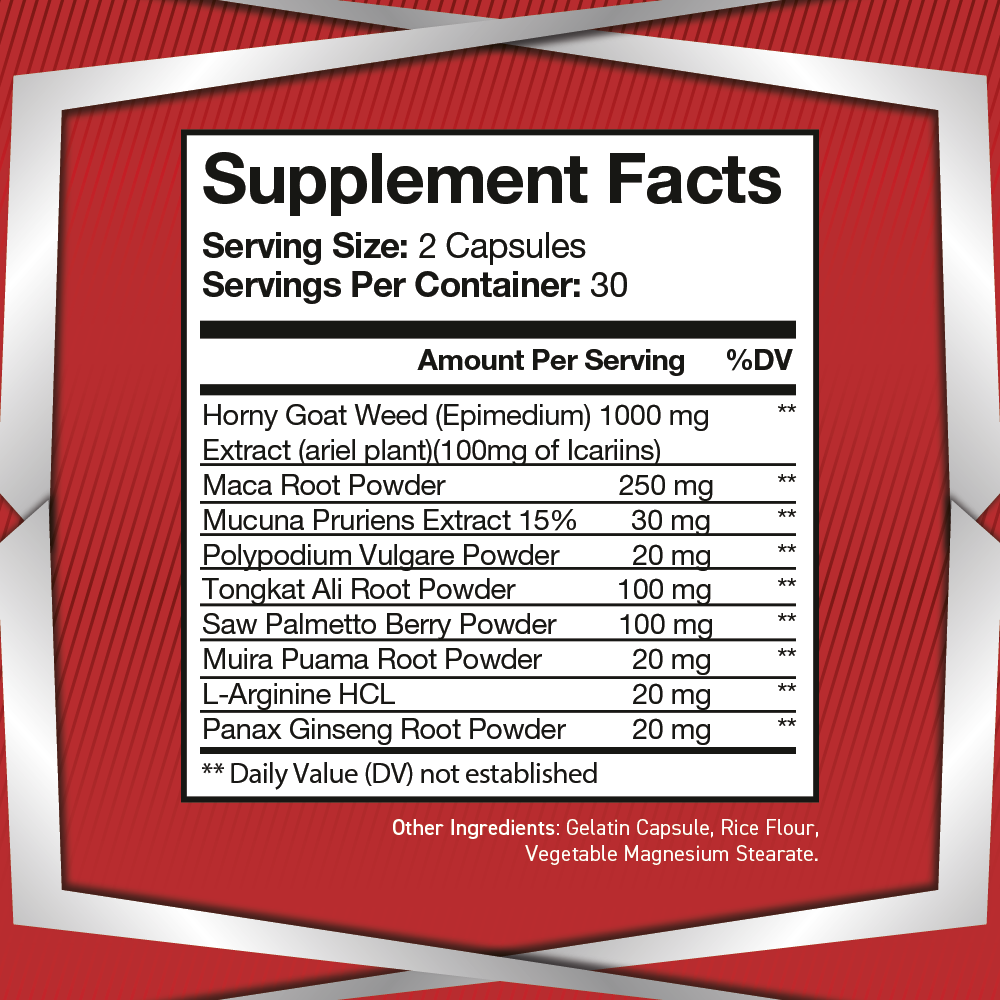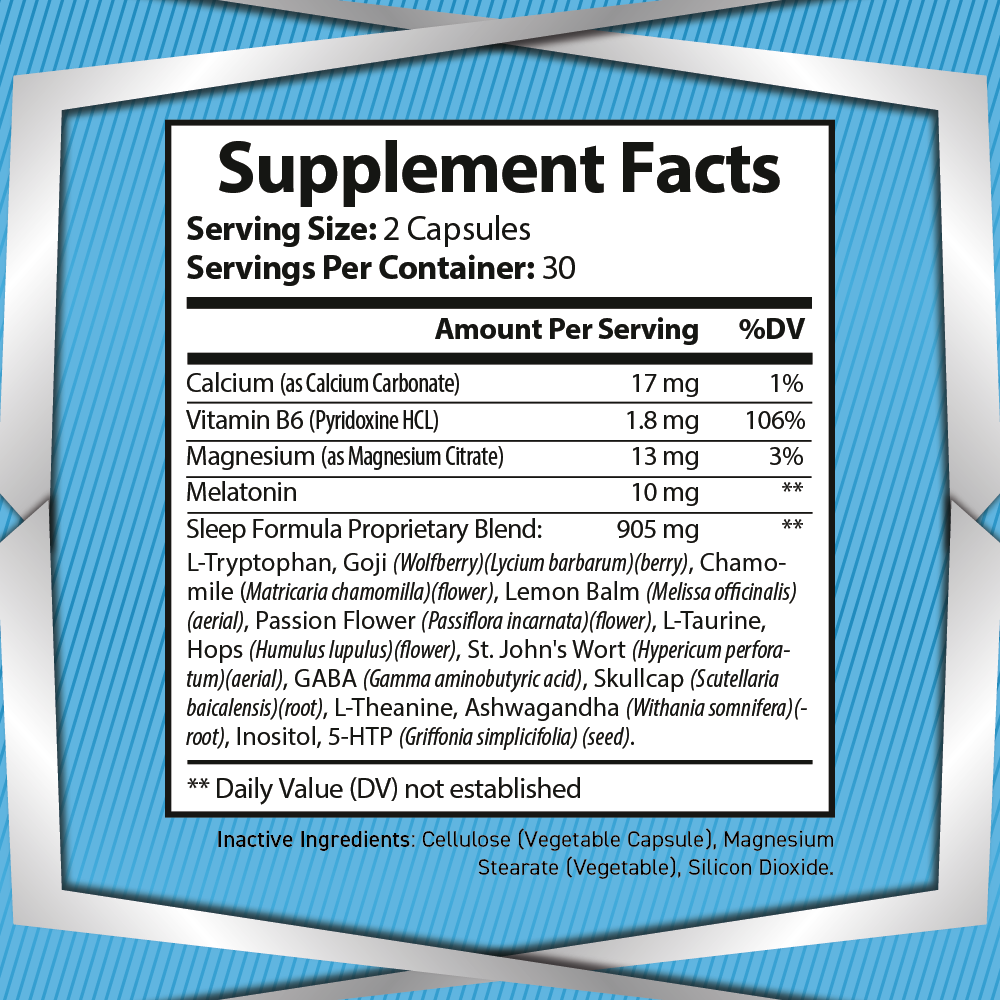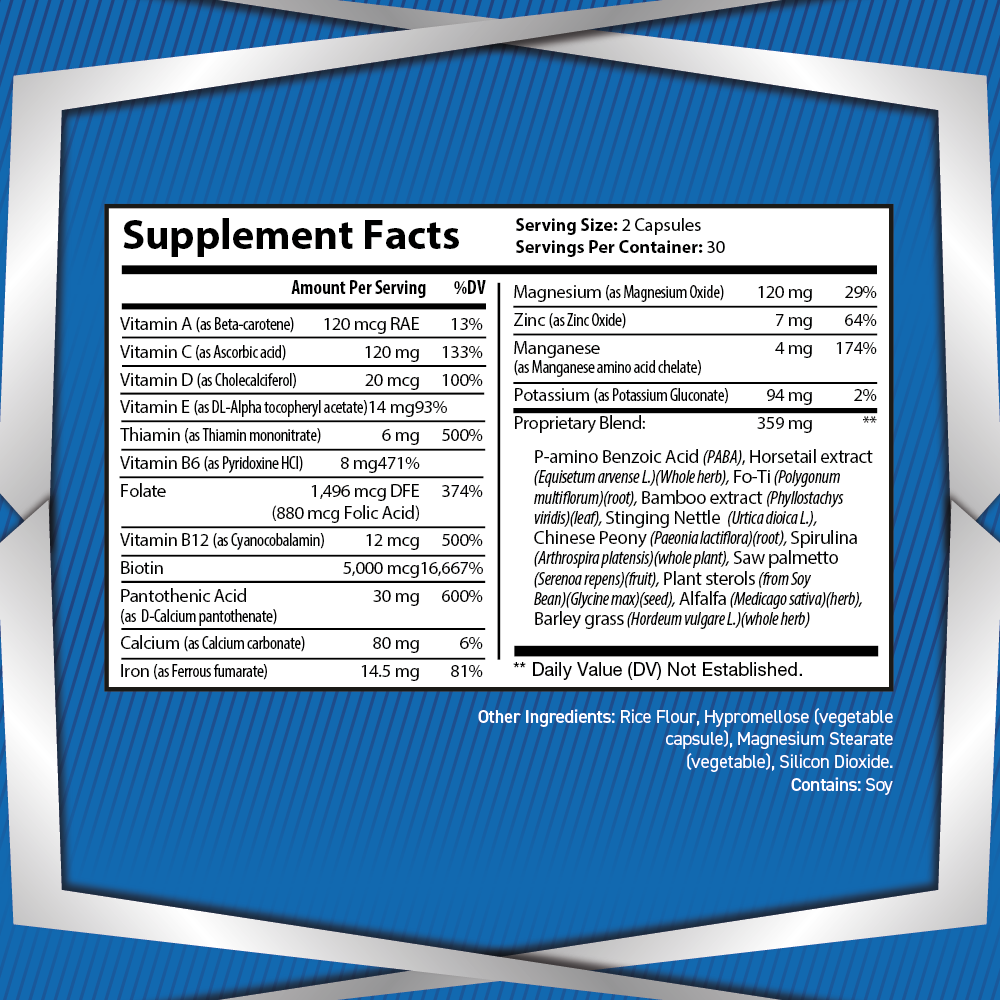Respiratory health is fundamental to overall well-being, allowing us to breathe easily and perform at our best. The respiratory system, a complex network of organs responsible for taking in oxygen and expelling carbon dioxide, requires proper care and attention to function optimally. This article explores effective strategies to maintain and improve respiratory health, covering everything from environmental considerations to dietary and lifestyle adjustments.
The first step in promoting respiratory health is to minimize exposure to pollutants and allergens, which can exacerbate respiratory problems. This means maintaining clean indoor air by using air purifiers, avoiding smoking, and reducing exposure to household chemicals and outdoor pollution. Regular cleaning to eliminate dust and mold also helps keep the airways clear.
Physical activity plays a crucial role in lung health. Exercises, particularly cardiovascular activities like walking, running, and cycling, strengthen the lungs and improve their capacity. Respiratory exercises, such as deep breathing and pursed-lip breathing, can also enhance lung efficiency, making them especially beneficial for individuals with chronic respiratory conditions like asthma or COPD.
Diet is another vital component. Consuming foods rich in antioxidants—such as fruits, vegetables, and whole grains—can protect the lungs from damage by combatting inflammation and oxidative stress. Foods high in omega-3 fatty acids, like fish and flaxseeds, are known to have anti-inflammatory properties that benefit respiratory health. Additionally, staying hydrated is essential, as water plays a key role in keeping the mucus lining in the lungs thin and manageable.
Supplements can also support respiratory health. Vitamins C and D, as well as magnesium, have been shown to improve lung function and reduce symptoms of respiratory diseases. Herbal supplements like echinacea and licorice root may help boost the immune system and soothe sore throats and coughs.
Stress management is another important aspect of respiratory health. Stress can tighten the breathing muscles and make breathing difficult, so practices like yoga, meditation, and mindfulness are recommended to reduce stress and improve respiratory patterns.
Lastly, regular medical check-ups are crucial. Healthcare professionals can provide vaccinations against respiratory infections like influenza and pneumonia, which are particularly important for the elderly and those with existing respiratory conditions.
By integrating these strategies—environmental control, exercise, a healthy diet, appropriate supplementation, stress management, and regular healthcare—individuals can significantly enhance their respiratory health. These practices not only improve lung function but also contribute to a stronger immune system and a better quality of life, enabling people to breathe easier and live better.





























































